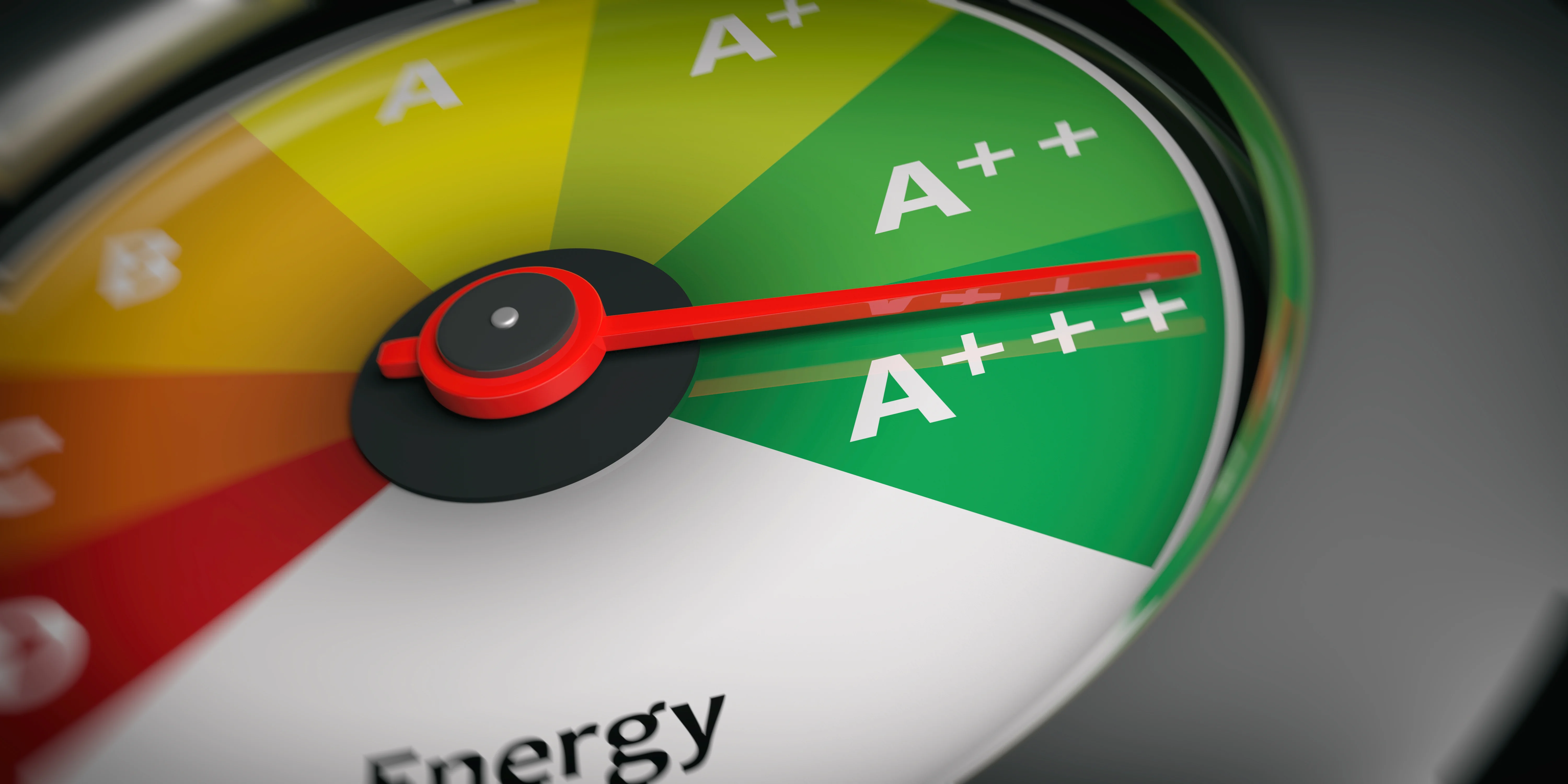Eskom has applied for a 32% tariff hike, which could see energy costs soaring. We consider how to calculate energy use in order to reduce your electricity spend.
6 November 2022 · Fiona Zerbst

Eskom has applied for a 32% tariff hike in 2023, which could see energy costs soaring. This would compound the cost-of-living crisis in the country, which is already hurting consumers.
We consider how to calculate your energy usage at home and become more energy-savvy. We also outline some tips and tricks to assist you with this.
Tip: Need a loan to convert your home to solar power? Click here to find out more.
How to calculate the running cost of appliances
Ashanti Mbanga, project manager for appliance standards and labelling at the South African National Energy Development Institute (SANEDI), says all appliances have both energy-guzzling and energy-saving potential, depending on their minimum energy performance standard, and the method and frequency with which they are used.
“To help households use less energy, SANEDI developed minimum energy performance standards for household appliances, in partnership with the South African Bureau of Standards and the National Regulator for Compulsory Specifications.
“Electricity usage is measured in kWh, which refers to using 1,000 watts per hour. Energy efficiency labels displayed in kWh provide consumers with accurate and comparable information on the energy efficiency of various appliances,” says Mbanga.
The labels make it possible to calculate how much energy your household uses once you have measured the frequency and duration for which you use your appliances.
Mbanga says you can calculate the annual running costs of your dishwasher, for example, as follows:
Example: The label on your dishwasher indicates a usage of 1.02 kWh per cycle. Where you live, electricity costs R2 per kWh. If you use your dishwasher nine times per week, the cost will be R954 per year.
How to become more energy efficient
The Department of Mineral Resources & Energy website contains energy-usage calculators for air conditioners, dishwashers, light bulbs, electric ovens, fridges and freezers, tumble dryers, washing machines and washer-dryers.
On Google Play, you can find an appliance energy calculator app that does the same.
According to Eskom’s website, easy behaviour changes that don’t cost you a cent can make a considerable difference.
In addition to the above, Mbanga recommends you buy higher energy-efficiency graded appliances, manually turn off water heating at peak electricity use periods, and consider investing in a solar water heater.
Tip: A credit facility can help to cover the cost of upgrading to energy-saving appliances. Find out more here.
Free tool

info@justmoney.co.za
4th Floor, Mutual Park, Jan Smuts Drive,
Pinelands, Cape Town, 7405
© Copyright 2009 - 2025 · Powered by NCRCB29
Terms & Conditions
·
Privacy Policy
·
PAIA Manual
View your total debt balance and accounts, get a free debt assessment, apply for a personal loan, and receive unlimited access to a coach – all for FREE with JustMoney.